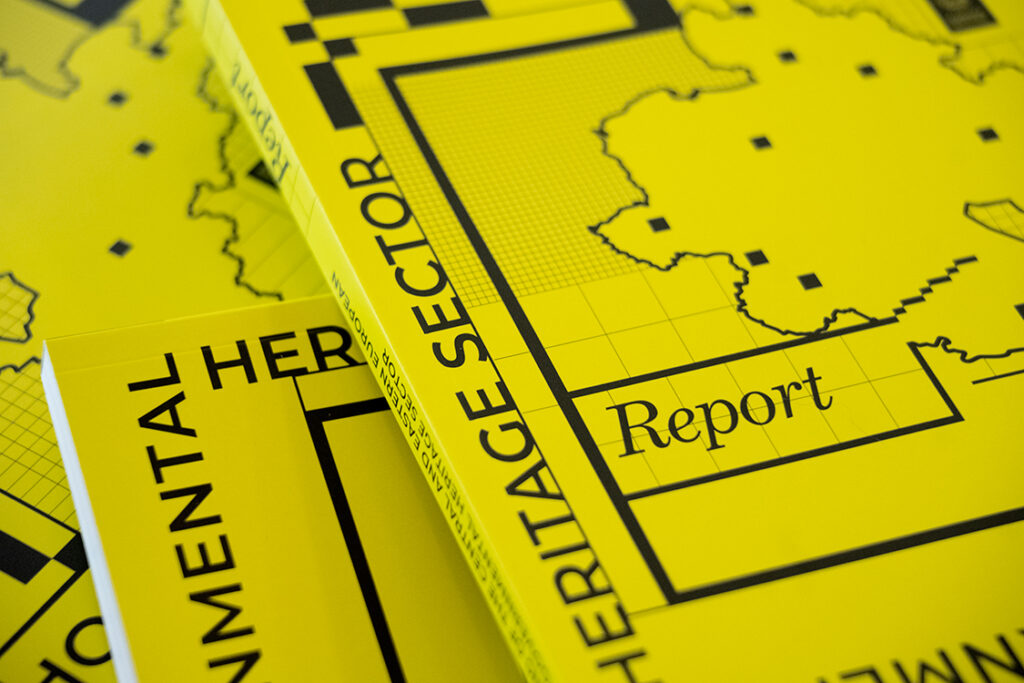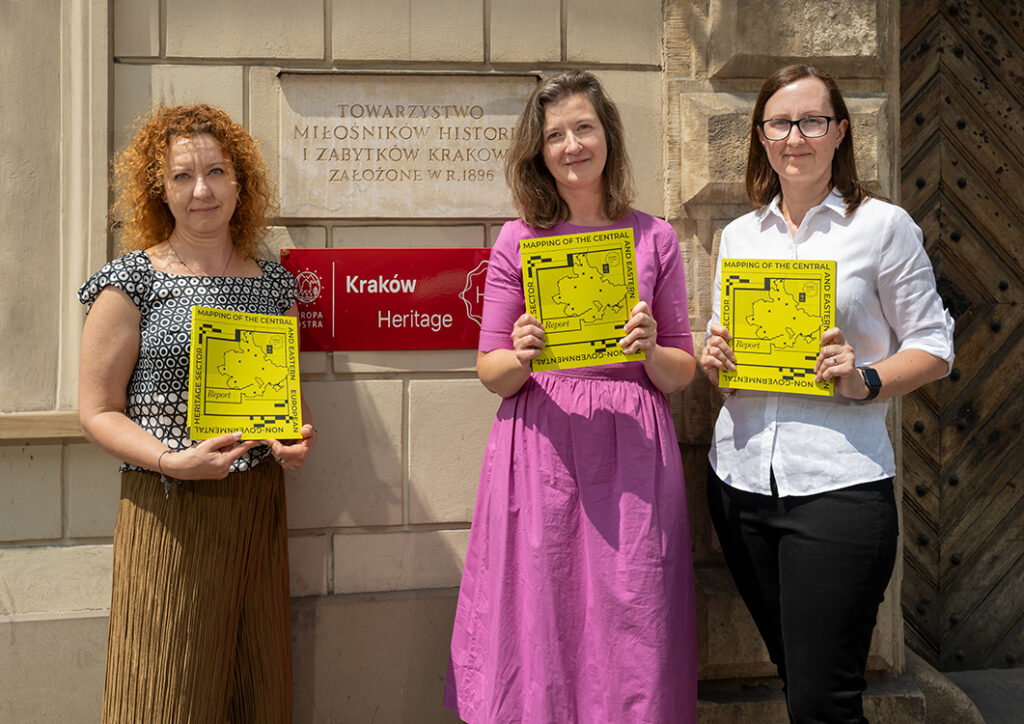We use cookies to help you navigate efficiently and perform certain functions. You will find detailed information about all cookies under each consent category below.
The cookies that are categorized as "Necessary" are stored on your browser as they are essential for enabling the basic functionalities of the site. ...
Necessary cookies are required to enable the basic features of this site, such as providing secure log-in or adjusting your consent preferences. These cookies do not store any personally identifiable data.
Functional cookies help perform certain functionalities like sharing the content of the website on social media platforms, collecting feedback, and other third-party features.
Analytical cookies are used to understand how visitors interact with the website. These cookies help provide information on metrics such as the number of visitors, bounce rate, traffic source, etc.
Performance cookies are used to understand and analyze the key performance indexes of the website which helps in delivering a better user experience for the visitors.
Advertisement cookies are used to provide visitors with customized advertisements based on the pages you visited previously and to analyze the effectiveness of the ad campaigns.
In our new Heritage Hour series, we turn our attention to a pioneering report “Mapping of the Central and Eastern European non-governmental heritage sector”, published in June 2025 by researchers from the Europa Nostra Heritage Hub in Kraków in collaboration with the Centrum Cyfrowe Foundation in Warsaw. The report indicates that approximately 33,500 NGOs are engaged in heritage work operate across the Central and Eastern Europe region. However, their operating conditions leave much to be desired — main challenges include financial instability, lack of operational stability, and burnout.
Three co-authors of the report share insights on the sector’s current state, its challenges, and opportunities for growth in a new podcast episode: Dr Katarzyna Jagodzińska — head of Europa Nostra Heritage Hub in Kraków, Dr Joanna Sanetra-Szeliga — her deputy, and Maria Drabczyk — President of the Centrum Cyfrowe. The conversation is hosted by John Beauchamp (also a co-author).



The “Mapping of the Central and Eastern European non-governmental heritage sector. Report” is the first publication of its kind, offering a comprehensive overview of the non-governmental heritage sector in ten countries of the region: Belarus, Czechia, Estonia, Hungary, Latvia, Lithuania, Poland, Romania, Slovakia, and Ukraine.
The full report can be downloaded from the Europa Nostra Heritage Hub website in Kraków.
We warmly invite you on Monday, 30 June at 11:00, to participate in an international webinar dedicated to the report. During the session, with the input of European heritage experts, the results of the research, challenges, and recommendations from our mapping project will be presented. Attendance is free of charge; registration is required.